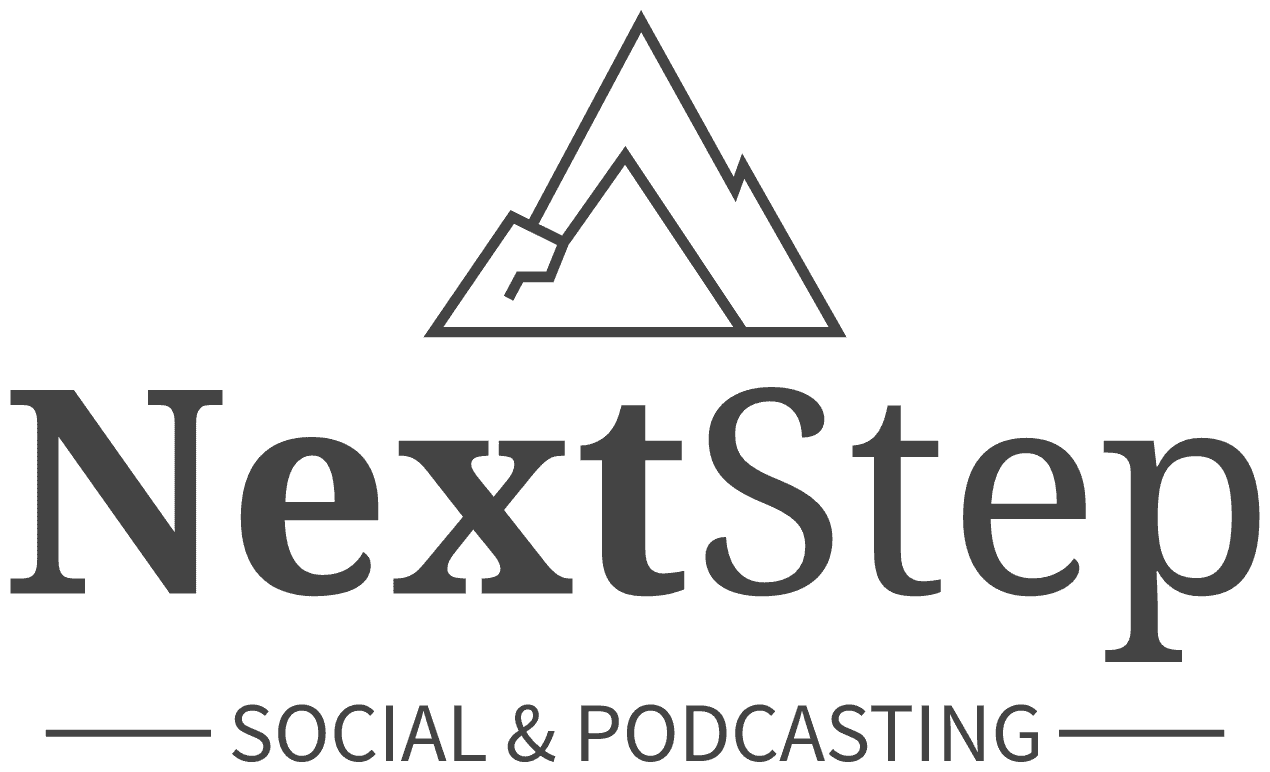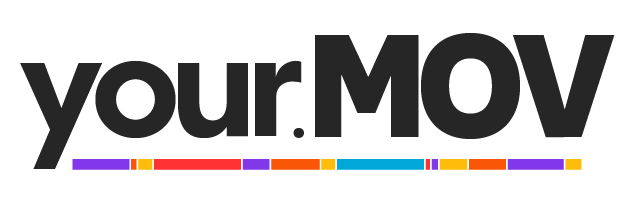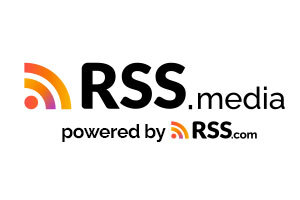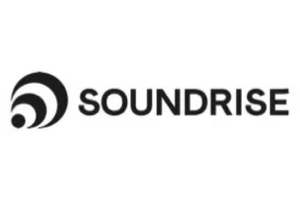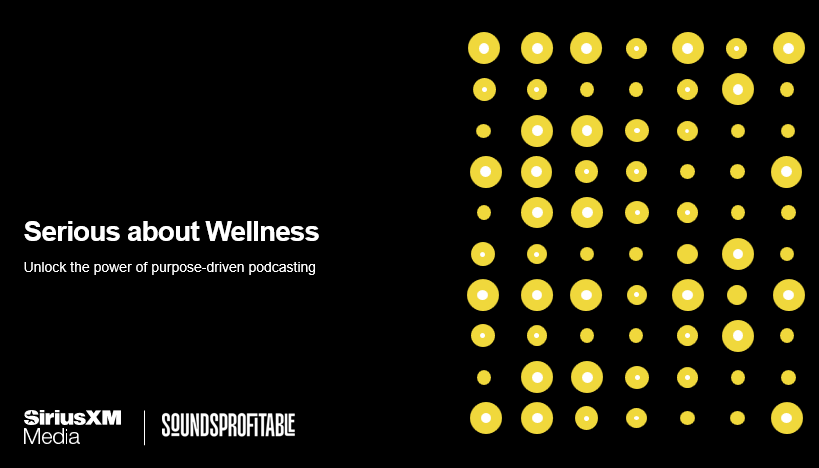A couple of quick things this week as the Sounds Profitable team prepares to head for London next week and The Podcast Show. First, if you are going, I hope you’ll consider coming to my opening keynote on The Brand Stage at 9:30 – The State of Podcast Advertising. I’ll be running through the current data on the effectiveness of the medium as well as premiering a few tidbits from our upcoming NEW study, which we have affectionately (and officially) entitled Ad Nauseam. More on that, soon!
One of the things I am going to reveal from that study is how listeners really feel about having ads injected into their favorite podcasts. My absolute favorite thing to do in the world is to take an assumption that might be holding creators back, poking at it, and seeing if how podcasters think is in sync with how audiences think. Sometimes it is…and sometimes it isn’t. When it comes to how much listeners will tolerate ads in podcasts, well, you’ll have to come to the keynote to find out.
Another assumption I wanted to test a while back was how much listeners will tolerate political ads in podcasts. With a hotly contested Presidential election mere months away, radio certainly looks forward to increased spending from campaigns at every level. But podcasting is a different dog, to say the least. Even political podcasts have very narrow sensibilities, and the audiences may or may not be as broadly tolerant of campaign ads as radio listeners are. For the latter, political ads are likely a necessary evil – a thing they are resigned to hear (or change the station) Is the same true for podcasts?
We poked at this some months back in a study we released called Safe and Sound, which was about brand safety and suitability in podcasting. For the most part, since podcast audiences generally self-select for the content they want, they don’t often get exposed to content that they find objectionable. Don’t like Call Her Daddy? Don’t listen. But if you DO listen, then you likely aren’t offended by it, and you are also likely to support the brands that help to bring you that content.
Now that was certainly the case in Safe and Sound for all kinds of content, from True Crime to Comedy. But is it true for podcasting, as well? Turns out, podcasting and politics are a little dicier than that — specifically when it comes to campaign ads. First of all, one of the biggest differences in the audience for radio vs. the podcast audience is something pretty core to your identity (at least, these days): your political affiliation.
Commercial broadcast radio in this country has swung pretty conservatively over the past couple of decades, with Rush Limbaugh spawning dozens of Lil’ Rushes over the years. The podcast audience, however, is strikingly different:
It’s not as lopsided here as you might think, given that most independents actually lean conservative, but the graph is notable regardless – nationally, party ID between Democrats and Republicans is actually tied:
What’s more, a higher percentage of podcast listeners vote than observed in the general population. In 2020, two-thirds of eligible voters showed up to cast their ballot (which was the highest percentage since 1900). With podcast listeners, however, that figure is 81% – an active voter base indeed!
When it comes to content, podcast listeners say that they are, in fact, very tolerant of differing political views. In Safe and Sound, we asked about a bunch of potentially objectionable content categories to get a sense of which ones were taboo and which ones were tolerable. On a scale of Inoffensive to Flat-out Racist, differing political views were decidedly the former:
So, content-wise, we are on pretty solid ground. If people are listening to a political podcast, they expect to hear differing political views. And that is clearly OK! Given that, then, are podcasts – even political podcasts – a good place for campaign ads? Well, that’s where things get a bit murky.
We asked podcast listeners in Safe and Sound how likely they would be to stop listening to a podcast if they heard a political ad from a candidate who does not share their views, and the answer seemed pretty clear to me:
More than half of our sample of weekly podcast listeners say they would be likely to check out of a podcast that featured an ad from a candidate they didn’t like. I don’t know about you, but that is a button I would be pretty reluctant to push these days, as identity politics rule supreme and podcasting is fighting for audience wherever it can be found. This is a much more deeply held opinion than, say, running an ad for a product you didn’t like.
The nature of podcasts is such that audiences believe the hosts have some say in the advertising that runs on their shows, even if the ads aren’t host read, so the mere existence of a political ad represents a tacit endorsement of that candidate in a way that it doesn’t on the radio. And, unlike radio and TV, there is no concept of “equal time” for political candidates in podcasting. So, this looks like a bit of a third rail.
But what about a candidate whose views the listeners DO agree with? Surely that would return a different response, yes? Well…kind of:
Yes, these data don’t appear to be as polarized as the previous slide, but even still – I don’t know that I would relish potentially blowing off nearly 40% of my audience to run an ad for any candidate, revenue or not.
So, what kinds of political dollars could podcasts take if campaign ads are potentially so divisive? In a way, podcasting has an opportunity to circumvent identity politics and instead present itself as the platform to talk about – and advertise – issues, not candidates. One thing I can tell you from a couple of decades doing political research is that when it comes to local issues, we all agree with each other more often than we don’t. In San Antonio, people are concerned about water rights. In Kansas City, infrastructure and too-rapid growth. In Maine? Preserving the lobster industry. And so on.
These are the kinds of issues that voters on both sides of the aisle often find themselves in agreement about at the local level, as long as party ID is stripped from the communications. And with a podcast, an issue ad could be more than just a soundbite. It could even be a featurette, or some other form of integrated content. Educating listeners about state and local issues is something a podcast can pull off in a way that local radio cannot outside of Sunday early morning public service programming.
Just don’t mention a candidate’s name.
That’s it for this week – what other assumptions, received wisdom, or uneducated guesses about this medium would you like to see us tackle next? Just ping us on LinkedIn!
New Partners
Sounds Profitable exists thanks to the continued support of our amazing partners. Monthly consulting, free tickets to our quarterly events, partner-only webinars, and access to our 1,800+ person slack channel are all benefits of partnering Sounds Profitable.
-
Podius delivers podcast competitive benchmarking and ad campaign planning.
-
AudioStack is an infrastructure empowering enterprises to build and scale audio production.
Want to learn more about partnership? Hit reply or send us an email!









